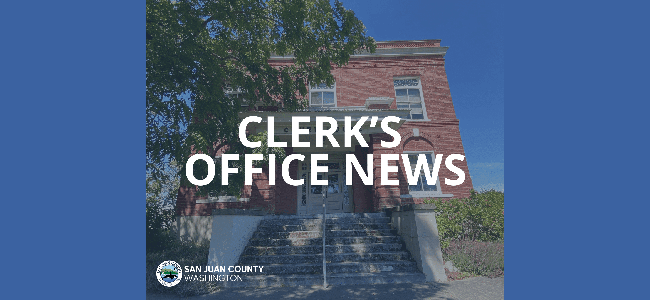From the Office of the Superintendent of Public Instruction
The 31-state SMARTER Balanced Assessment Consortium, or SBAC, was awarded a four-year $160 million Race to the Top assessment grant on Sept. 2, 2010 by the US Department of Education to develop a student assessment system aligned to a common core of academic standards.
SBAC was one of two consortia awarded a comprehensive assessment system grant. It’s the first collaboration of its kind to develop a common assessment system among a majority of states.
“I am encouraged to see so many states working together to improve our nation’s approach to assessing students,” said Washington Gov. Chris Gregoire, whose state is the applicant state for the grant. “Receiving this federal grant will allow the 31 states who have agreed to work together to build an innovative system that will accurately measure how students are progressing over the years and ensure that they have the skills and knowledge so they are career and college ready when they graduate.”
SBAC will create state-of-the-art adaptive online exams, using “open source” technology. The online system will provide accurate assessment information to teachers and others on the progress of all students, including those with disabilities, English language learners and low- and high-performing students. The system will include:
- the required summative exams (offered twice each school year);
- optional formative, or benchmark, exams; and
- a variety of tools, processes and practices that teachers may use in planning and implementing informal, ongoing assessment. This will assist teachers in understanding what students are and are not learning on a daily basis so they can adjust instruction accordingly.
SBAC’s goal – to ensure that all students leaving high school are college and career ready – will be achieved with the high-quality assessment system to be created by the consortium. The system will include rigorous, internationally benchmarked tests that report on how each student has been progressing toward and is currently performing on a pathway to career and college readiness.
“The immediate assessment results will provide teachers the information they need to adapt their instruction to the needs of each student,” said Judy Park of Utah, co-chair of the newly elected SBAC executive committee. “Those results will also improve student motivation during the testing process and help students better understand their current knowledge and skills.”
The test scores will also be able to be used for improved educator accountability and to help identify professional development needs of teachers and principals.
For further information, go to k12.wa.us/SMARTER/RTTTAssessmentGrant
**If you are reading theOrcasonian for free, thank your fellow islanders. If you would like to support theOrcasonian CLICK HERE to set your modestly-priced, voluntary subscription. Otherwise, no worries; we’re happy to share with you.**






